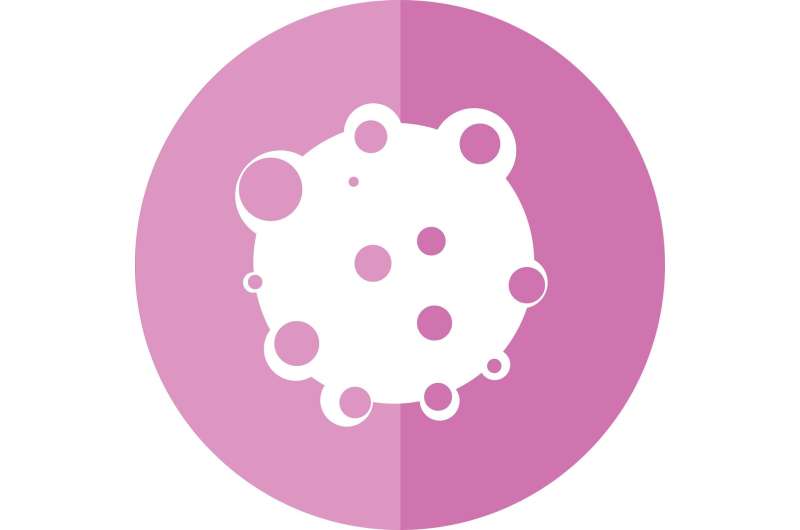The mechanism of action of genes with high mutation frequency in cancer

After the p53 tumor suppressor gene, the genes most frequently found mutated in cancer are those encoding two proteins of the SWI/SNF chromatin remodeling complex. This complex’s function is to ‘accommodate’ the histones that cover the DNA of the chromosomes so that the processes of transcription, DNA repair and replication or chromosome segregation can occur, as appropriate. A group from the University of Seville has demonstrated at CABIMER that the inactivation of BRG1, the factor responsible for the enzymatic activity of the SWI/SNF complexes, leads to high genetic instability, a characteristic common to the vast majority of tumors.
This study’s most important contribution is that it deciphers the mechanism by which this occurs. The SWI/SNF complex is necessary for cells to resolve the conflicts that occur in chromosomes when the transcription and replication machineries collide at the same site and hinder each other. If any part of the SWI/SNF complex is mutated, DNA replication is defective and chromosomal breaks occur, largely promoted by the accumulation of DNA-RNA hybrids at the sites where conflicts occur.
Source: Read Full Article
